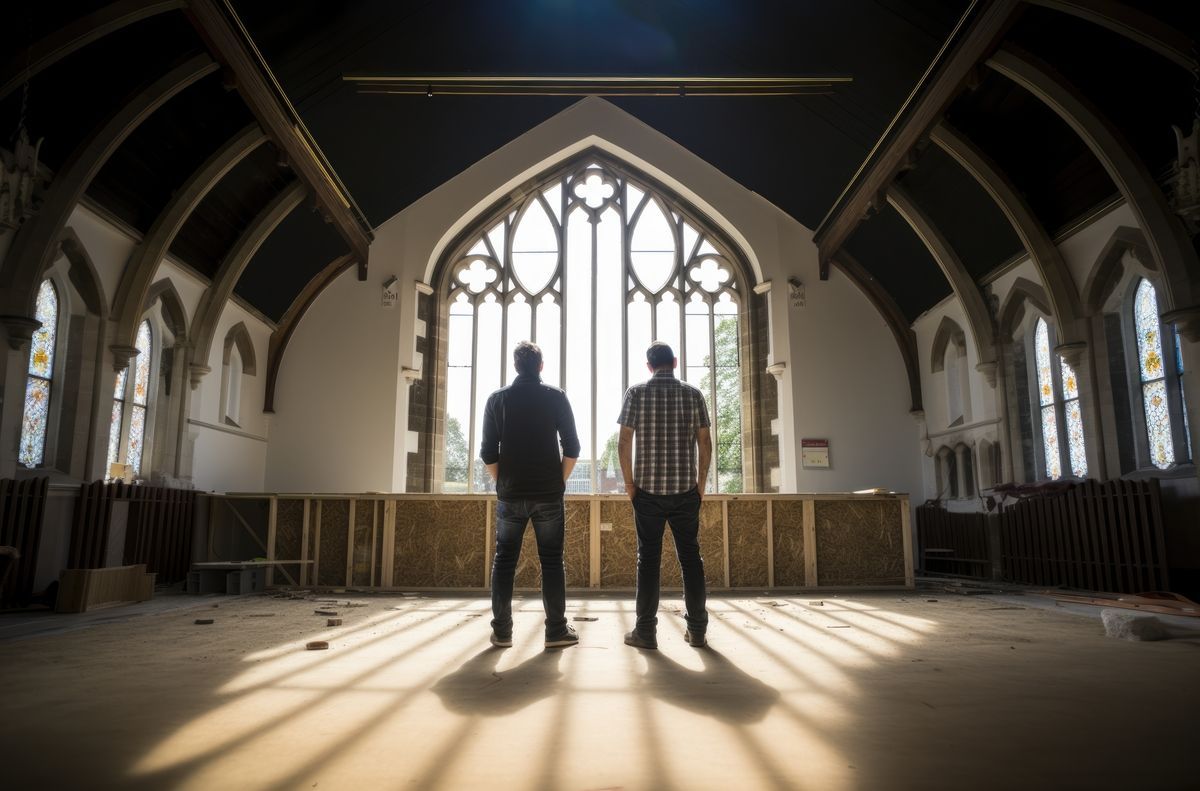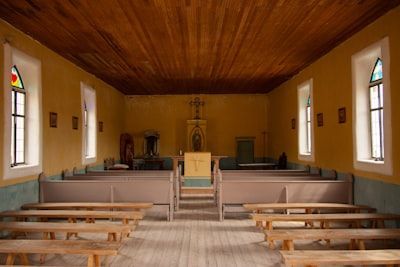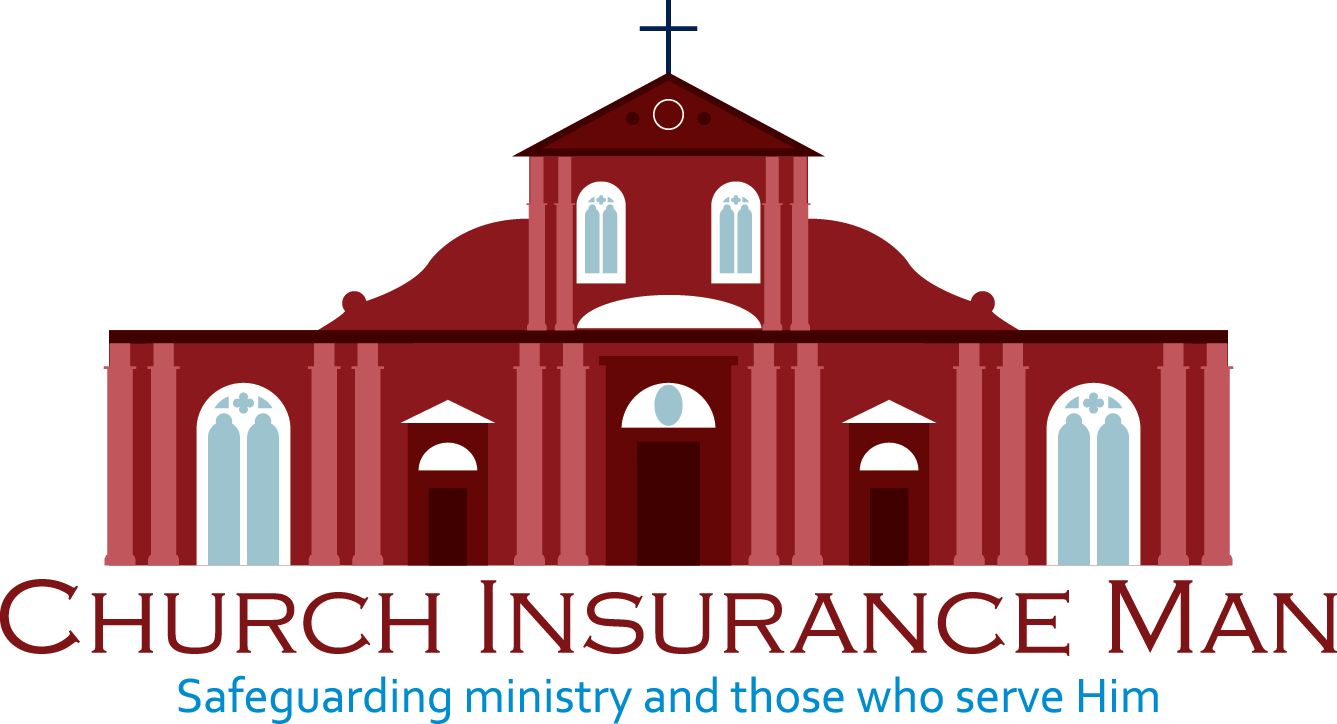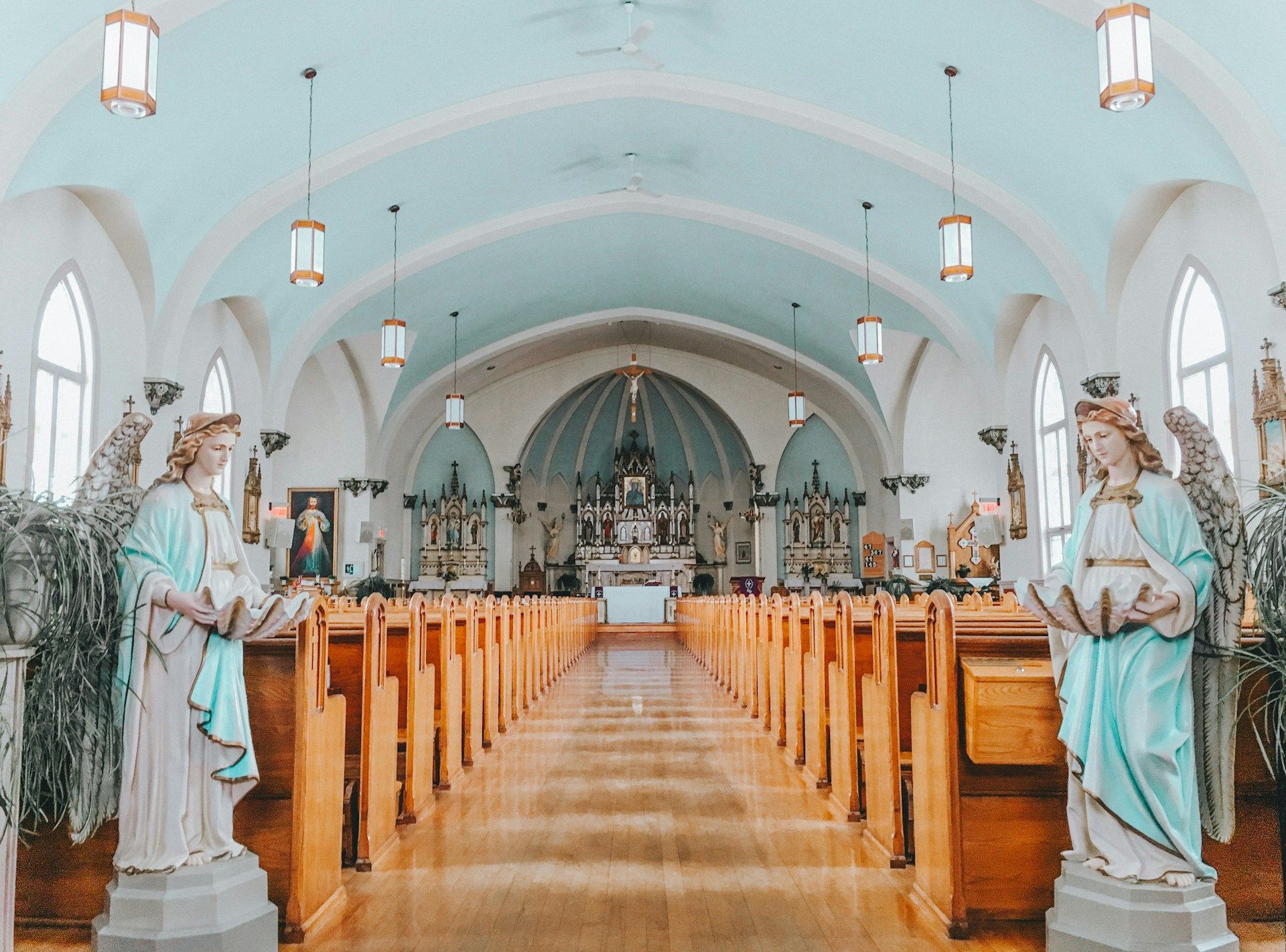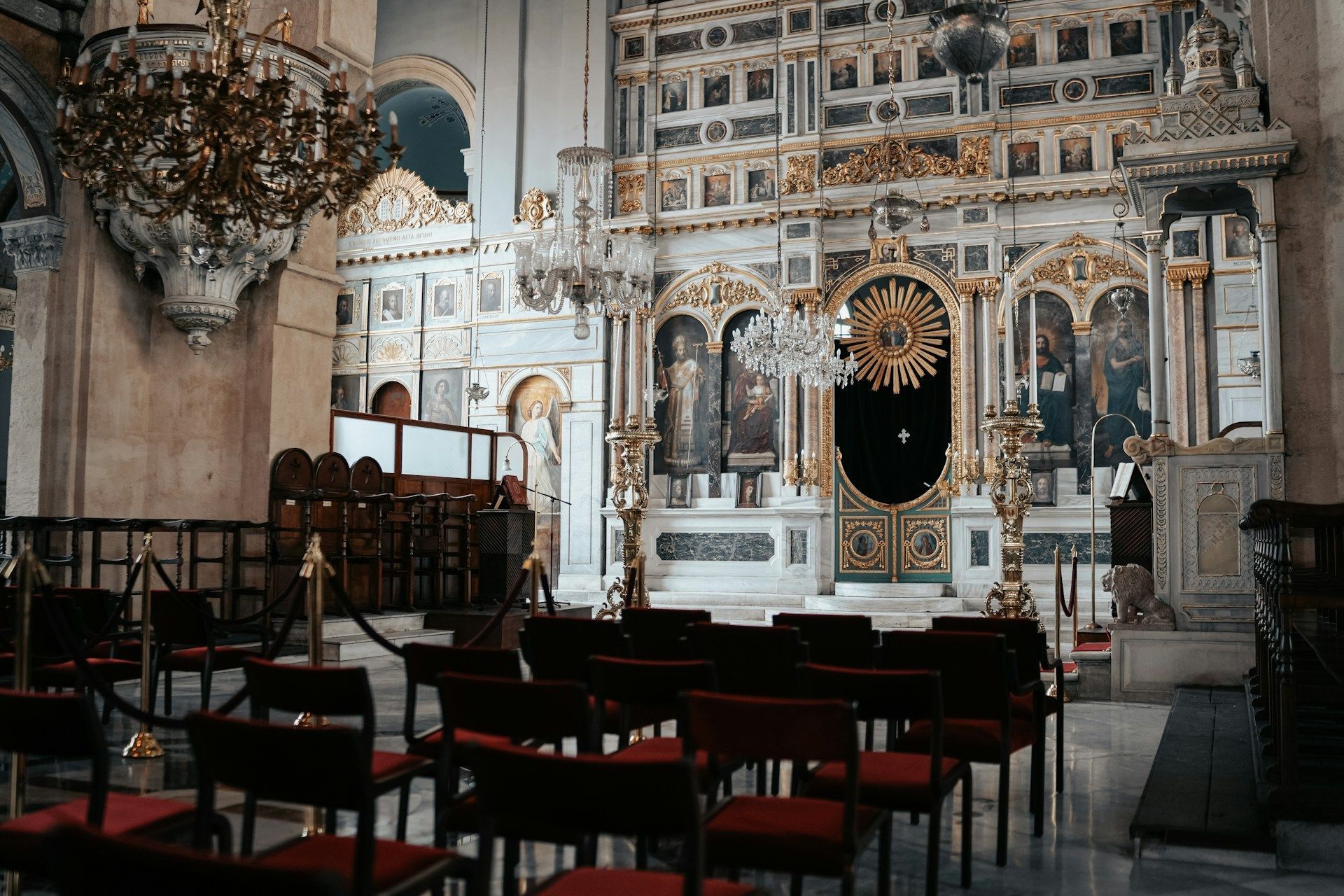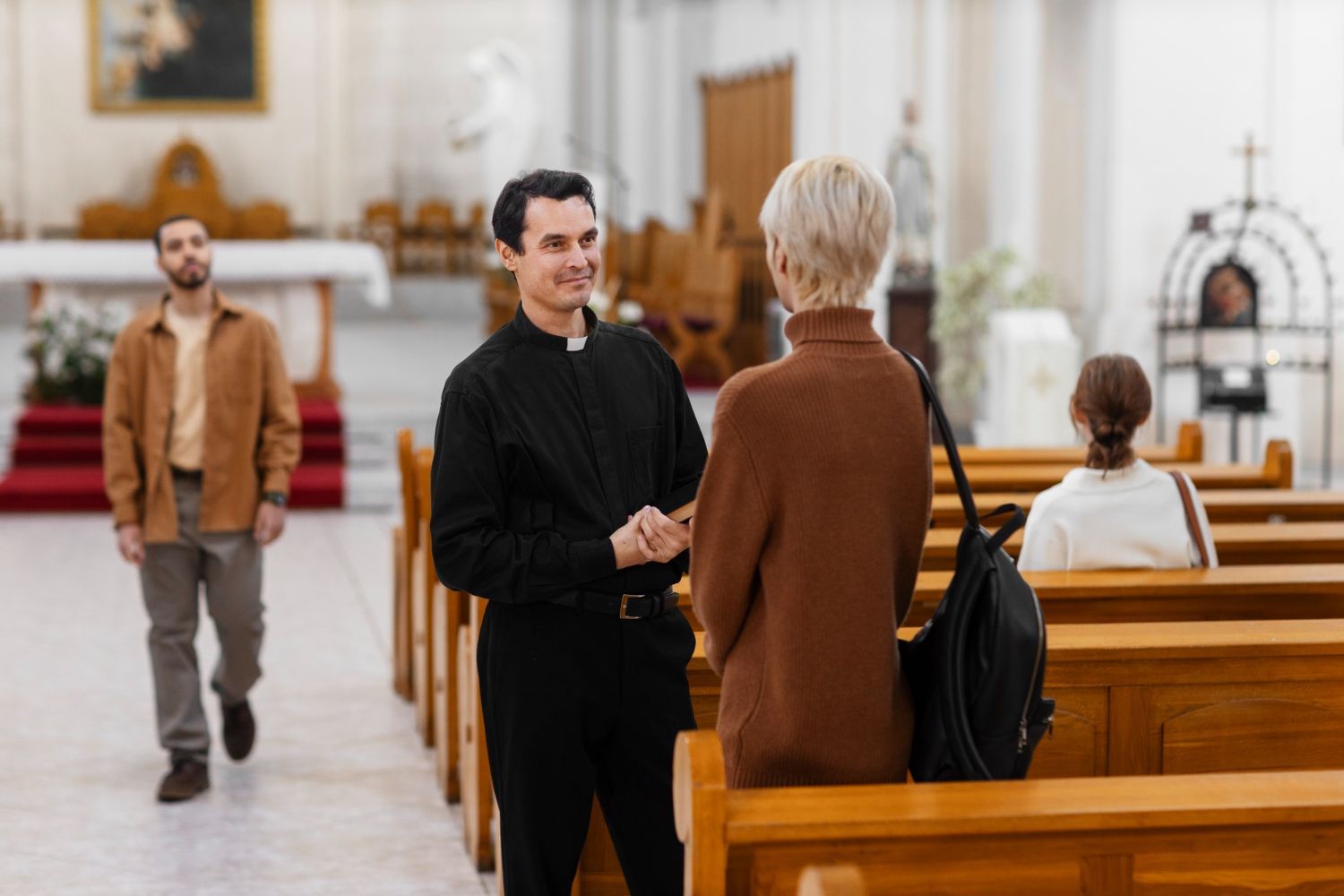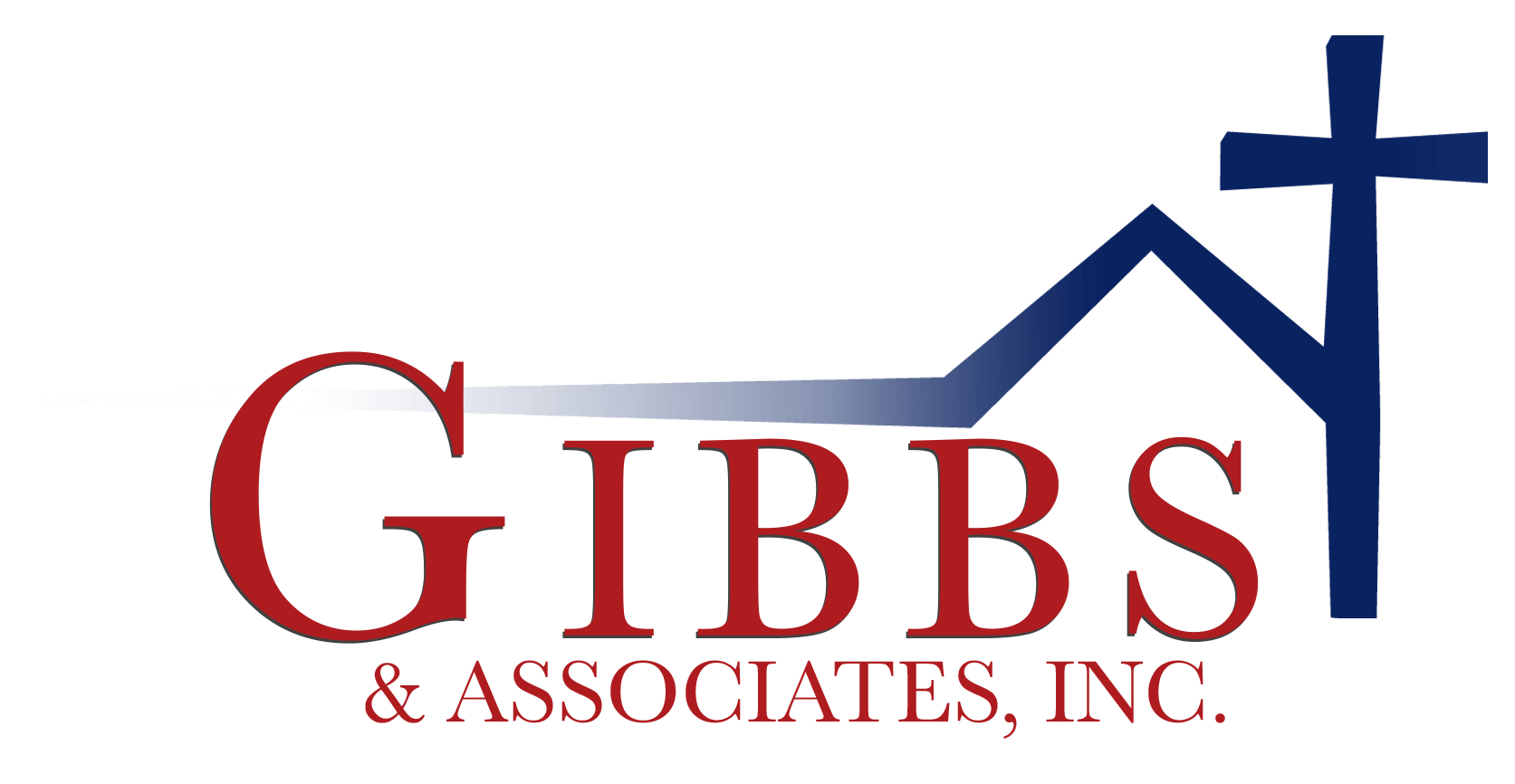A Detailed Guide to Property Insurance for Churches and Religious Institutions
Religious institutions play an essential role in their communities by providing spiritual guidance, education, and support to their church members. As leaders of these invaluable community institutions, it is crucial to ensure that a church's physical assets, such as buildings, contents, and other property, are sufficiently protected against a wide range of risks. Comprehensive property insurance policies tailored explicitly for churches can safeguard these assets, ensuring that religious institutions can continue their vital work in the face of unexpected events.
Property insurance for churches from Church Insurance Man is designed to provide financial protection and peace of mind in the event of damage or loss to a religious institution's property. This may involve scenarios such as vandalism, natural disasters, accidents, or theft. With suitable property insurance in place, religious institutions can swiftly recover from setbacks and maintain their focus on their core mission of spiritual guidance and community support.
In this in-depth guide, we will explore the various facets of property insurance for churches and religious institutions, including determining the appropriate coverage levels, understanding policy options, and choosing the right insurance provider. Our goal is to provide religious institutions with the knowledge and tools needed to make informed decisions when selecting the most appropriate property insurance coverage for their unique needs and potential risks.
Determining Appropriate Property Insurance Coverage Levels for Your Church
One of the initial steps toward securing the right property insurance policy for your church is understanding the appropriate coverage levels. Some factors to consider in determining coverage levels include:
1. Replacement cost: Calculate the current costs to rebuild your church property, considering expenses for construction materials, labor, permits, and architectural services.
2. Contents and inventory: Take an inventory of the church's contents, from religious artifacts to furniture and musical equipment, and assess their overall replacement value.
3. Unique property features: Evaluate any unique property aspects, like stained glass windows or historical structures, that may require specialized insurance coverage.
4. Financial resources: Consider your church's financial resources, ensuring coverage is adequate to avoid substantial shortfalls that could impact your congregation's operations.
Understanding Property Insurance Policy Options for Churches
Property insurance policies for churches offer a variety of coverage options that cater to the unique needs of religious institutions. Some essential coverage types include:
1. Building coverage: Provides protection for damages or losses to the physical structure of the church building, including walls, roofs, and attached structures, such as fellowship halls and sanctuaries.
2. Contents coverage: Offers protection for church possessions, like furniture, religious artifacts, musical instruments, and office equipment, in the event of damage or theft.
3. Systems breakdown: Covers damages resulting from the malfunction or breakdown of electrical, HVAC, and other essential systems in the church building.
4. Loss of income and extra expenses: Provides financial protection in case church operations suffer due to property loss or damage, helping cover alternative meeting locations and facilitating the continuation of services.
Choosing the Right Property Insurance Provider for Your Church
Selecting the right insurance provider is a crucial step in securing adequate protection for your religious institution. When evaluating potential insurers, consider these factors:
1. Experience and expertise: Choose a provider with relevant experience in serving religious institutions to ensure they understand the unique needs and potential risks your church faces.
2. Reputation: Investigate the provider's reputation in terms of customer service, claims handling, and financial stability to guarantee a dependable partnership.
3. Coverage options: Ensure the provider offers a wide range of customizable coverage options tailored to the specific requirements of religious institutions.
4. Pricing: Compare prices and policies from multiple providers to obtain comprehensive coverage at a competitive rate.
Tips for Reducing Property Insurance Costs and Maintaining Church Property
Proactive measures in maintaining church property can result in reduced insurance costs and a further safeguarded institution. Consider these tips for a secure environment:
1. Regular inspection and maintenance: Conduct routine property inspections and address any repairs or maintenance concerns promptly to minimize potential risks.
2. Security measures: Install security systems, such as alarms and surveillance cameras, and create policies for secure key management to deter theft and vandalism.
3. Disaster preparedness planning: Develop a comprehensive disaster preparedness plan by identifying potential threats, creating an evacuation plan, and establishing a recovery strategy.
4. Establish a safety committee: Form a committee or designated church members responsible for maintaining safety protocols and addressing any concerns that may arise.
Safeguarding Your Church's Assets With Comprehensive Property Insurance
Protecting your church's valuable assets is crucial to maintaining unwavering support and spiritual guidance in your community. Analyzing the appropriate coverage levels, understanding policy options, and choosing a reliable insurance provider will assist in securing the ideal property insurance for your specific needs.
As experts in church insurance, we at Church Insurance Man are committed to helping religious institutions find the right
property insurance for churches. Contact us to discuss your church's property insurance needs, and let us help you find the perfect coverage to protect your assets and provide you with peace of mind as you continue your important mission of spiritual guidance and community support.

